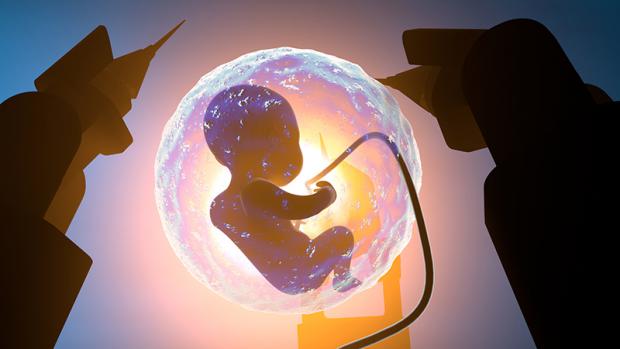
Breaking News
 Quantum walkie-talkie: China tests world's first GPS-free radio for border zones
Quantum walkie-talkie: China tests world's first GPS-free radio for border zones
 RIGHT NOW!: Why was lawyer Van Kessel, of the civil case on the merits in the Netherlands, arrested?
RIGHT NOW!: Why was lawyer Van Kessel, of the civil case on the merits in the Netherlands, arrested?
 PENSION FUNDS PANIC BUYING SILVER – Ratio Below 60 Triggers $50B Wave (Danger Next Week)
PENSION FUNDS PANIC BUYING SILVER – Ratio Below 60 Triggers $50B Wave (Danger Next Week)
 Dollar set for worst year since 2017, yen still in focus
Dollar set for worst year since 2017, yen still in focus
Top Tech News
 EngineAI T800: Born to Disrupt! #EngineAI #robotics #newtechnology #newproduct
EngineAI T800: Born to Disrupt! #EngineAI #robotics #newtechnology #newproduct
 This Silicon Anode Breakthrough Could Mark A Turning Point For EV Batteries [Update]
This Silicon Anode Breakthrough Could Mark A Turning Point For EV Batteries [Update]
 Travel gadget promises to dry and iron your clothes – totally hands-free
Travel gadget promises to dry and iron your clothes – totally hands-free
 Perfect Aircrete, Kitchen Ingredients.
Perfect Aircrete, Kitchen Ingredients.
 Futuristic pixel-raising display lets you feel what's onscreen
Futuristic pixel-raising display lets you feel what's onscreen
 Cutting-Edge Facility Generates Pure Water and Hydrogen Fuel from Seawater for Mere Pennies
Cutting-Edge Facility Generates Pure Water and Hydrogen Fuel from Seawater for Mere Pennies
 This tiny dev board is packed with features for ambitious makers
This tiny dev board is packed with features for ambitious makers
 Scientists Discover Gel to Regrow Tooth Enamel
Scientists Discover Gel to Regrow Tooth Enamel
 Vitamin C and Dandelion Root Killing Cancer Cells -- as Former CDC Director Calls for COVID-19...
Vitamin C and Dandelion Root Killing Cancer Cells -- as Former CDC Director Calls for COVID-19...
 Galactic Brain: US firm plans space-based data centers, power grid to challenge China
Galactic Brain: US firm plans space-based data centers, power grid to challenge China
AI 'Nanny' Being Created By Chinese Scientists To Grow Babies In Robot Wombs

Robotics and artificial intelligence can now assist in the development of newborns via the use of algorithms and artificial wombs, which is eerily similar to what we see in the cult classic, The Matrix.
According to the South China Morning Post, Chinese experts in Suzhou have pioneered the development of the latest technological breakthrough. However, there are concerns about the ethical implications of raising human beings in an artificial environment.
The discoveries were published in the peer-reviewed Journal of Biomedical Engineering by Suzhou-based scientists. The AI nanny, according to the researchers, might aid in the growth of human kids in a "long-term embryo culture device."
This artificial womb is a big machine containing compartments for individual fetuses. The infants will be fed as they would be in a real womb if they are in the chamber, which will be filled with an optimized mix of "nutritious fluids."
In what seems sort of eugenics-y, a record of embryo health and "developmental potential" will be kept on file by the software over the duration of the embryo's development.
It probably won't happen any time soon..
At the moment, the new technology is being utilized to assist in the development of animal embryos that are developing into fetuses in the laboratory. This is due to the fact that the act of experimenting on human embryos older than two weeks is prohibited under international law.
Additionally, as the SMCP points out, surrogacy is prohibited in China. Because artificial wombs would effectively convert a hospital or laboratory into a mother under Chinese legislation, the technology is unlikely to be deployed in the area anytime soon.
Having said that, the development of artificial wombs is not a new concept. While this is not a new discovery, bringing the technology into human mass production and mixing it with ranking AI is, and it is a development that is quite dystopian sounding.



